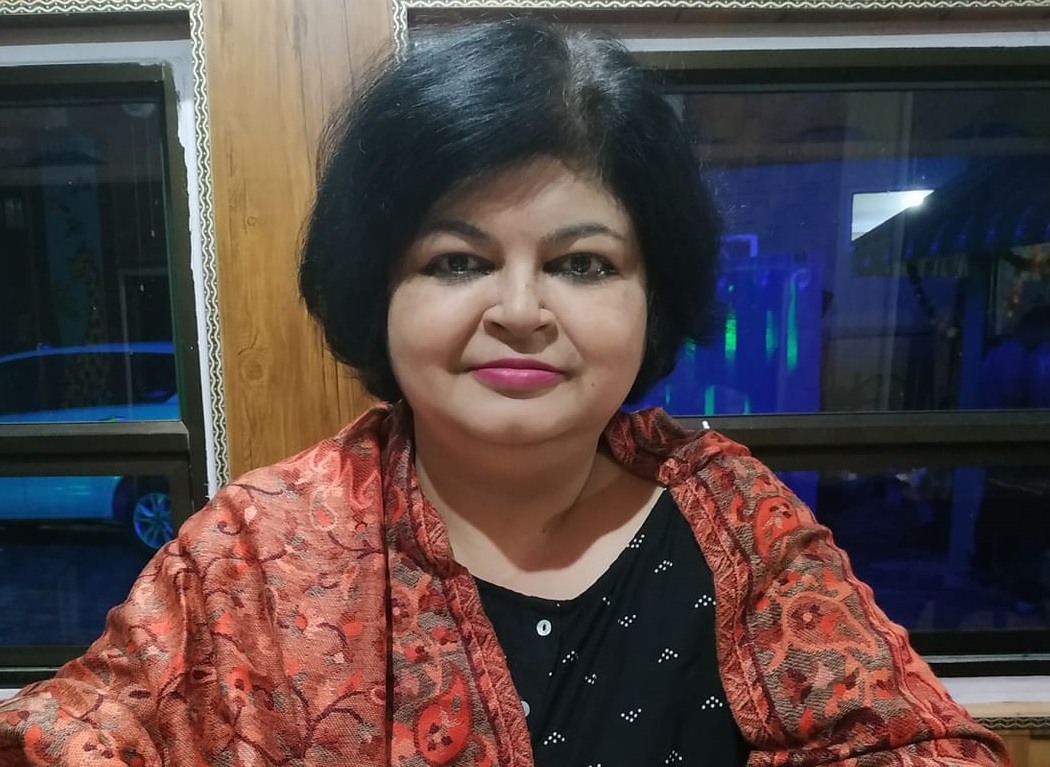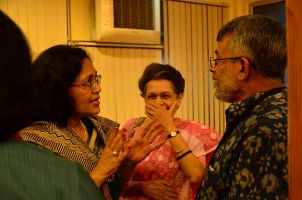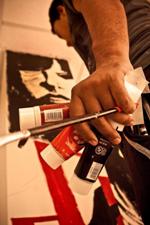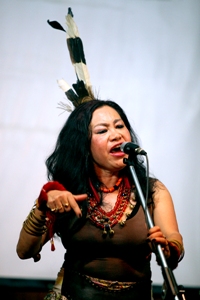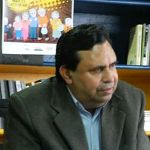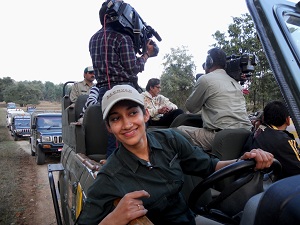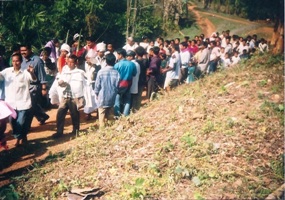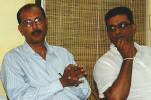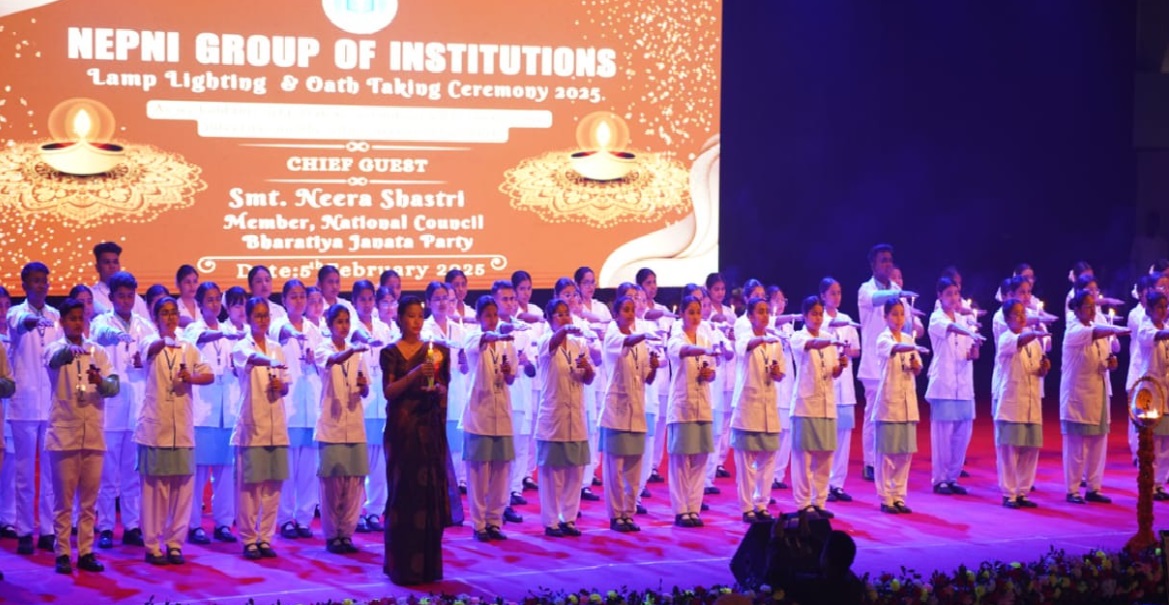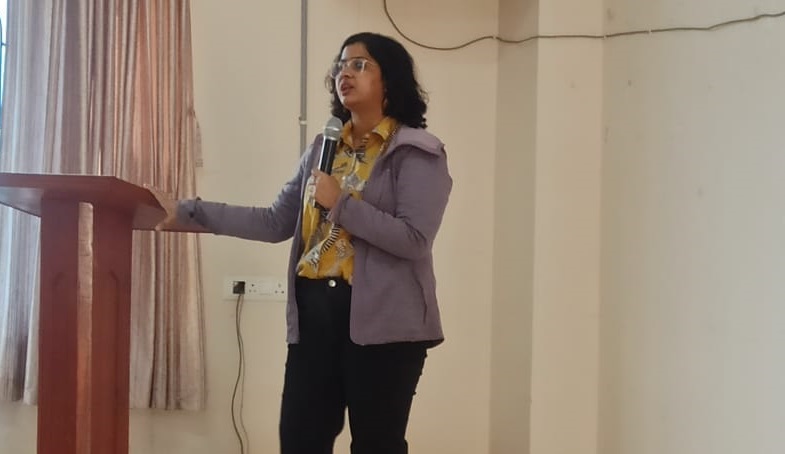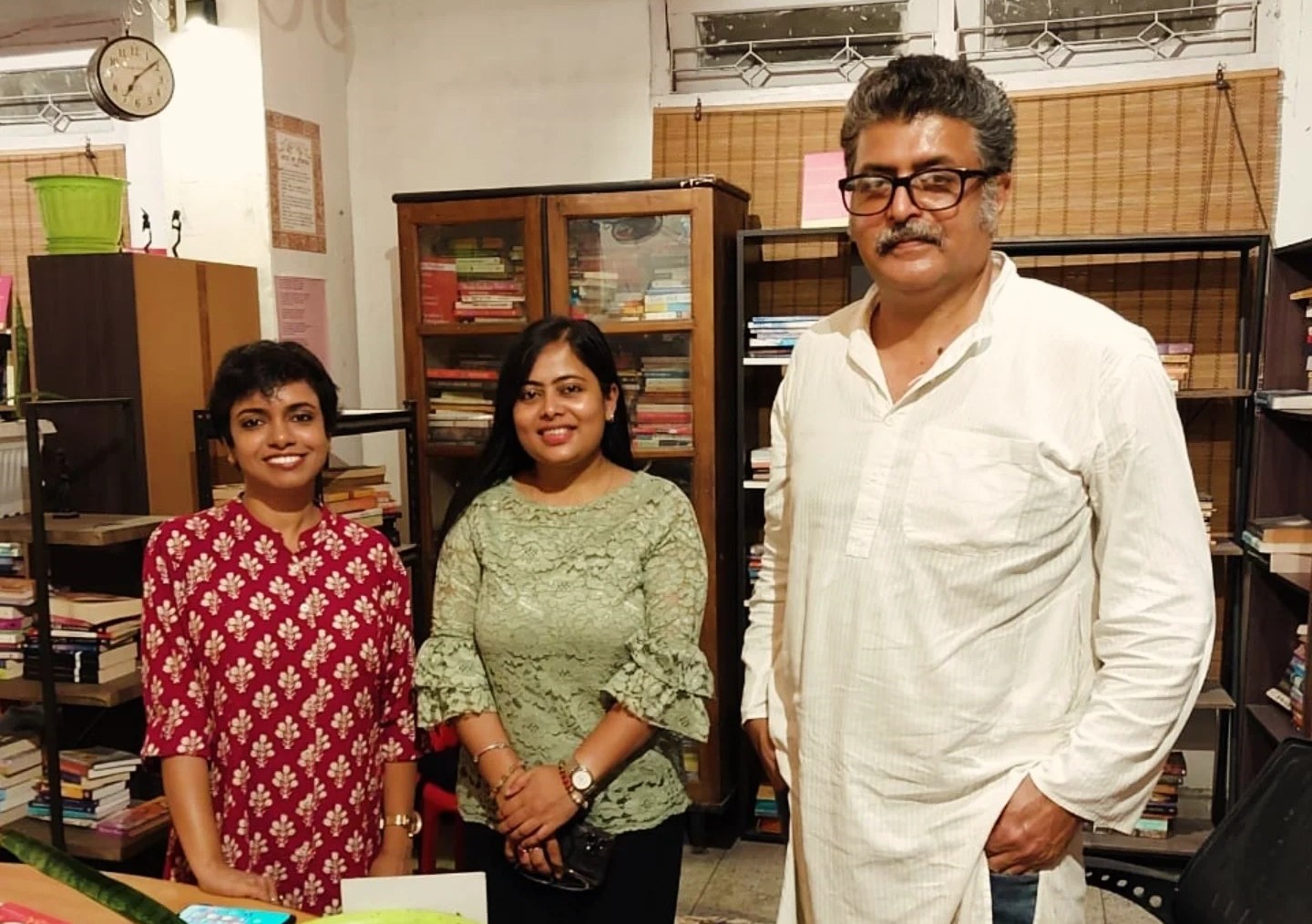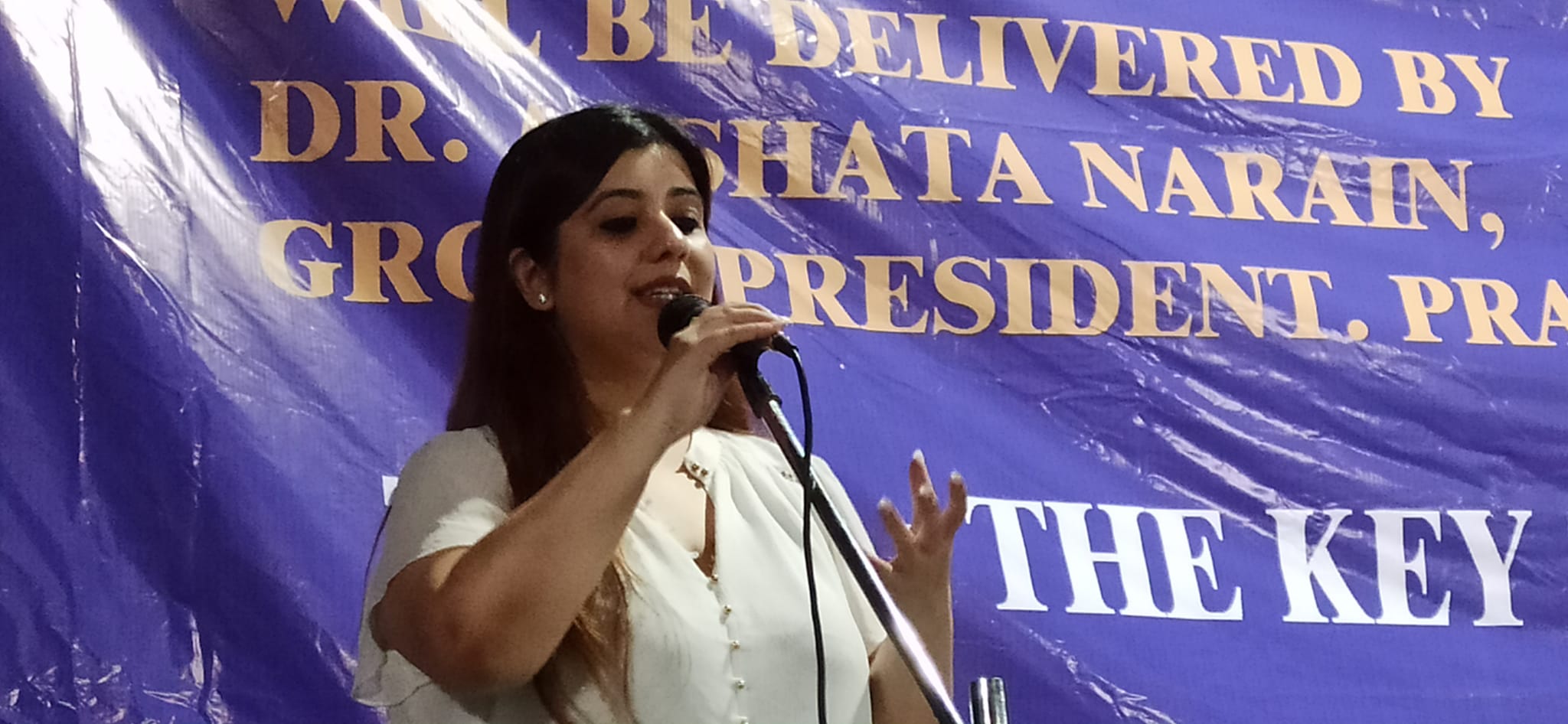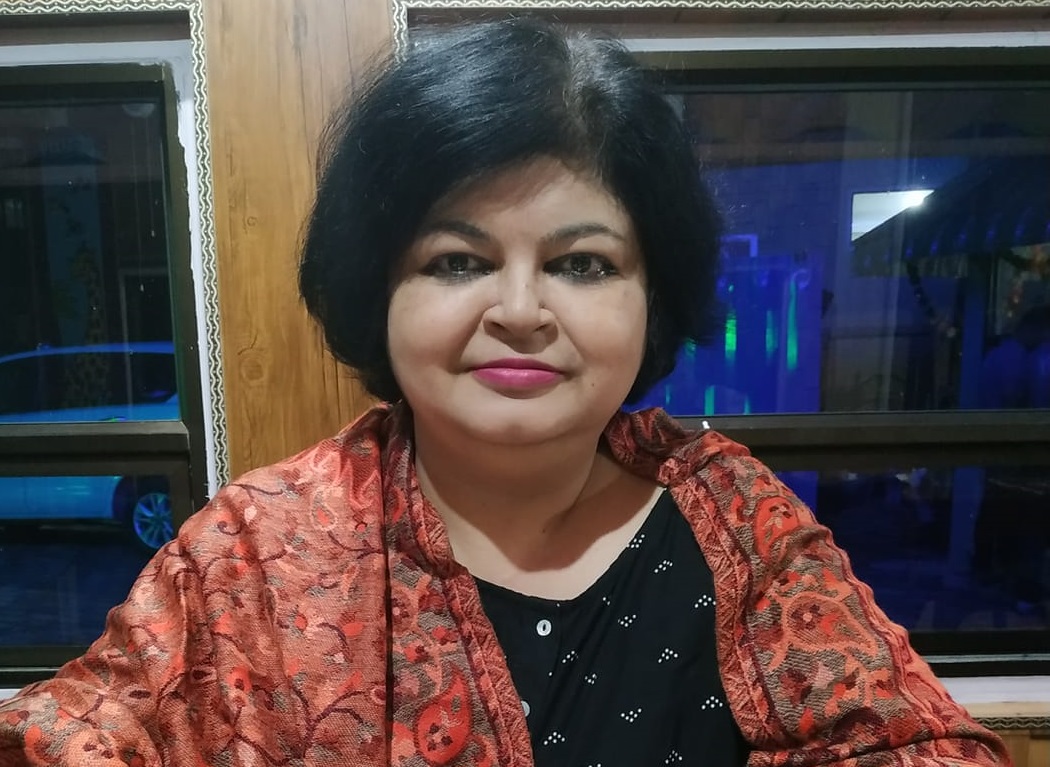Who is excluded? In fact, if we scratch deep into ourselves we will find that we exclude even ourselves from the world we live in. Keep aside the people who are living on the edge due to harsh realities of life. We feel extremely elated about our GDP growth rate, high grades we score in our CAT, MAT, SAT, GATE, JET exams, unending bank balance we hoard in our banks and endless choices we have which satiates our consumerist lifestyles. We have raced hard to be counted amongst the top business tycoons, musicians, cricketers, actors, leaders, chefs, scientists and planners in the world. It’s a race for survival, identity, endurance, dignity and visibility. But some invisible scars do haunt us from within in this marathon of life which compels us to perform under all circumstances. Being disabled in today’s age is not a big deal, if the primary and secondary socialization patterns and social structures are conducive to persons with disability. In a city like Guwahati, infrastructural accessibility for a disabled person is indeed a matter of serious concern.
Disability of any degree, form, kind and volume is a condition of life, not a curse. It is the lack of preparedness on the part of the so called ‘abled’ world that the disabled person suffers from the pangs of stigma and discrimination. People with disability are most often objects of pity, sympathy and ridicule for both strangers and close knit family domains. Disability can be both permanent and temporary. Today’s able bodied can be maimed tomorrow, given the number of accidents taking place in Guwahati every day. When disability rights activist Arman Ali looked for a place to hang out in Guwahati, there was none where he could wheel his chair through without any strain. Just a couple of years back when a senior disability rights activist Prof Anita Ghai visited Guwahati to deliver a talk, I happened to be her city guide. She wanted to see Guwahati city and visit some of the handicraft shops in Guwahati. We looked around at every place but unfortunately, none of the city’s shops had any ramp which could allow Anita to step out of the car and enjoy the pleasures of shopping. We always say that the Government has to take measures to make public spaces more accessible for the disabled people.
But, what does one have to say about private spaces? Private shops, banks, bill payment booths, mobile phone recharge centres, cooking gas shops, super markets, cinema halls, play grounds, parks, people’s homes, eateries, bakeries, eating joints, pubs, clubs, restaurants, pavements, religious spaces, cyber cafes, private offices, corporate houses, NGO offices, cultural centres, even marriage halls in Guwahati. None of all these spaces are designed in such a way that disabled people can have a smooth access to them. Wonder why such presumptions dominate the so-called ‘abled’ psyche. Does this reflect on our progressive society to be regressive in its vision of the fact that disabled people should be excluded from the basic needs of socialization? Are we still living in the lap of history when disabled people were socially boycotted and lynched to isolation and death on the pretext of not being able to understand their plight? We have crossed many decades of scientific enquiry, marvelous technological innovations and socio-cultural transformations, but somehow our mindsets and sensibilities are still stunted and frozen in the historic times. It does not occur to us that even the most athletic constitution can be disabled at some point of time.
Ageing is a very common factor now. With age comes temporary disability as well. Aged people with any physical disability are also excluded from the social spaces in our city. There are so many cases of people losing their jobs due to temporary conditions of disability. Sometimes even working women who get pregnant and cannot access difficult office infrastructures have to leave their jobs midway. Disability is a condition of life which can occur to anyone during their lifespan. Till it affects people directly, either through near ones or through themselves, sensitivity in planning and implementation will be a myth. But it is really high time that each one of us does some introspection and at least does basic auditing of our private and public spaces which are disabled-friendly. May be locality mapping of disabled friendly infrastructure and positive reinforcement and recognition of such initiatives can motivate some sort of sensitivity in our restricted social set-up.
Disability is not an exclusive domain of the persons with disability. It is not like only persons with disability will be able to comprehend the real struggle. Similarly, it is not that the aged persons with disability can only fight for the rights of the aged disabled persons. Every one irrespective of their socio-economic, gender, age and disability background can strive towards making the city of Guwahati a little more accessible to persons with disability. In solidarity to the struggle of many friends and families waiting anxiously to enjoy the pleasures of barrier-free access and break free from the shackles of social exclusion.
Find us on facebook: facebook.com/TheThumbPrintMag







